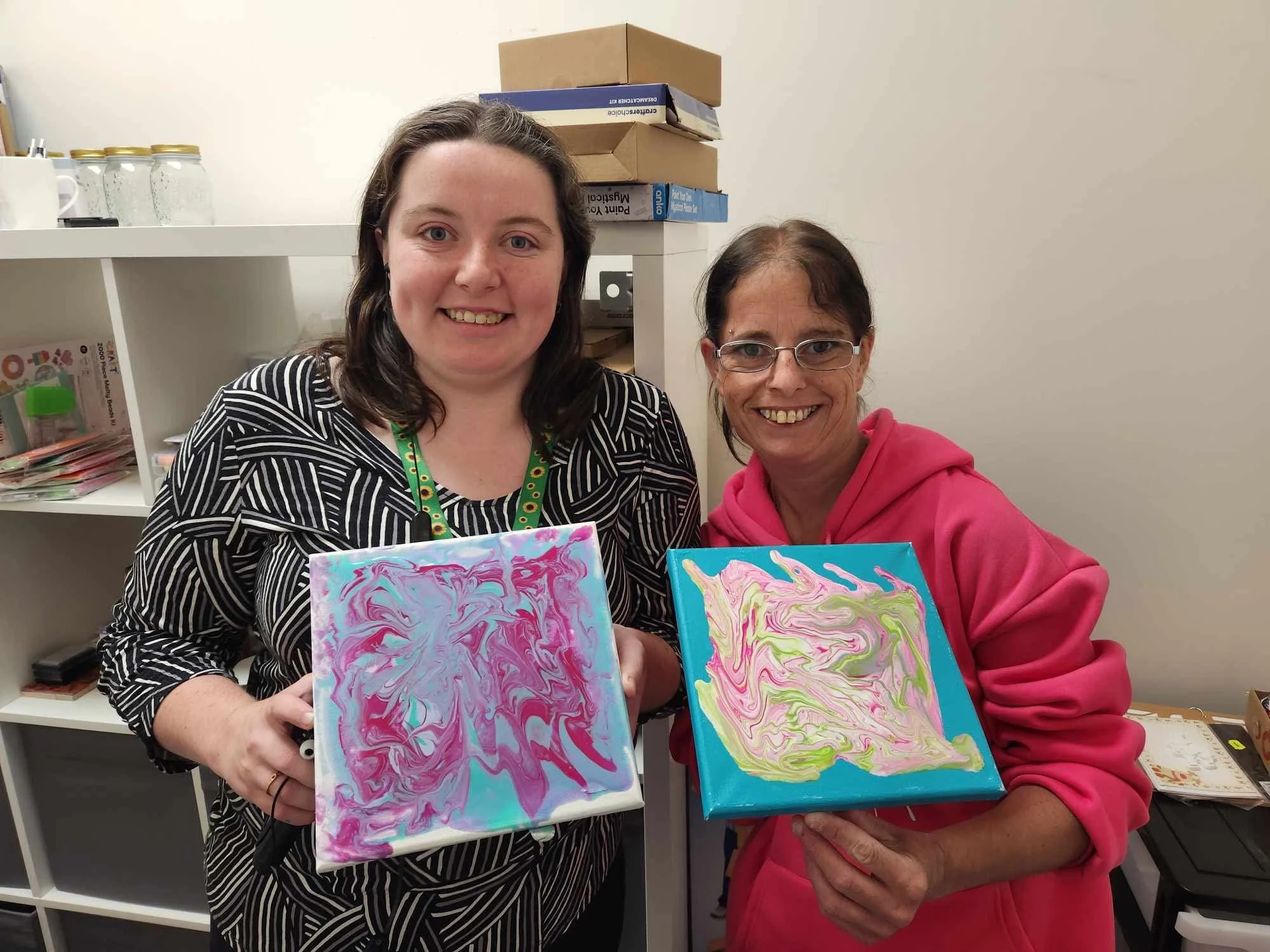What Does Good Service Delivery Look Like in the NDIS Sector?
In the NDIS space, “good service delivery” can sometimes feel like a buzzword; a phrase repeated but rarely unpacked.
But when you’re the person relying on that support.. It’s everything.
It’s how safe you feel.
It’s how much trust you can place in the people walking alongside you.
It’s whether your needs are actually heard, and met.
So what does good service delivery really look like? At Dara, here’s what we believe it means:
1. Being Present, Not Just Available
Showing up for participants isn’t just about ticking off scheduled hours.
It’s about being fully present during every interaction.
That means putting the phone away.
That means actively listening, not assuming.
That means slowing down enough to understand what’s going unsaid.
Presence builds trust. And trust builds safety, which is always the foundation.
2. Proactive, Not Reactive
Good support doesn’t wait until something goes wrong. It notices patterns, asks questions, and checks in before a need becomes a crisis.
Noticing when someone’s mood changes and gently asking why.
Checking in on goals and adjusting support where needed.
Offering new ideas, not just responding to requests.
Proactive care is guided by curiosity and compassion and it says, “I see you, and I care enough to stay ahead with you.”
3. Actively Asking for Feedback, and Listening
Real service improvement doesn’t come from a tick-box feedback form. It comes from genuine, ongoing conversations with the people we support and the teams that support them.
At Dara, we believe:
Feedback should be invited regularly, not just when something goes wrong.
Feedback should be safe to give and without fear of consequences.
Feedback should lead to visible change, not just polite nods.
It’s how we grow, how we stay accountable, and it’s how we honour the people who trust us with their care.
4. Care Plans That Are Actually Followed (And Reviewed)
A care plan should be more than just a document for funding, it should be a living, breathing guide that reflects someone’s real-life goals, challenges, preferences, and progress.
We ensure care plans:
Are created with the person, not just for them
Are visible and shared with key workers
Are revisited and adjusted regularly, not once a year
Include personal details that matter and how someone likes their tea, not just their medication routine
This is what dignity in support looks like.
5. Team Members Who Know the ‘Why’ Behind the ‘What’
Great support is personal. That means the team knows:
Why a participant needs a quiet space before group activities
Why a slow start to the day helps reduce anxiety
Why a particular language or tone matters
It’s not just what we do, it’s how we do it that makes the difference.
And for that, we train, support and hold our team to the same trauma-aware, human-centred standards we ask of the sector.
Service Is a Relationship, Not a Transaction
In the end, good service delivery isn’t about being perfect.
It’s about being accountable, curious, consistent, and kind.
At Dara, we don’t just deliver services, we build relationships.
And we do it by showing up with integrity, listening closely, and never treating support like a one-size-fits-all checklist.
Looking for a team that walks with you, not ahead of you? 💜
Learn more about how we work at Dara Disability Services, and what it looks like to feel genuinely supported in the NDIS.




